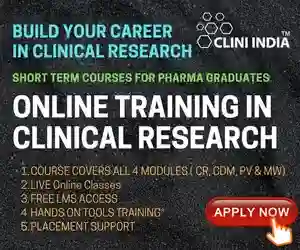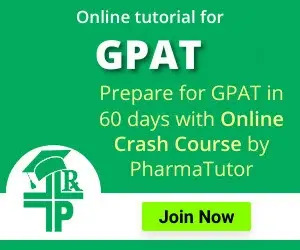Gilead Sciences, Inc announced that the U.S. Food and Drug Administration (FDA) has approved the antiviral drug Veklury® (remdesivir) for the treatment of patients with COVID-19 requiring hospitalization. As an antiviral drug, Veklury works to stop replication of SARS-CoV-2, the virus that causes COVID-19. Previously authorized by the FDA for emergency use to treat COVID-19, Veklury is now the first and only approved COVID-19 treatment in the United States. The drug is now widely available in hospitals across the country, following early investments to rapidly expand manufacturing capacity to increase supply.
In the United States, Veklury is indicated for adults and pediatric patients (12 years of age and older and weighing at least 40 kg) for the treatment of COVID-19 requiring hospitalization. Veklury should only be administered in a hospital or in a healthcare setting capable of providing acute care comparable to inpatient hospital care. Veklury is contraindicated in patients who are allergic to Veklury or any of its components; please see below for additional Important Safety Information for Veklury.
This approval is based on three randomized controlled trials including the recently published, final results of the National Institute of Allergy and Infectious Diseases’ (NIAID) double blind, placebo-controlled Phase 3 ACTT-1 trial, which showed that treatment with Veklury resulted in clinically meaningful improvements across multiple outcome assessments compared with placebo in hospitalized patients with COVID-19. Based on the strength of these data, Veklury has become a standard of care for the treatment of COVID-19 in hospitalized patients.
“The approval of Veklury marks an important milestone in efforts to help address the pandemic by offering an effective treatment that helps patients recover faster and, in turn, helps preserve scarce healthcare resources,” said Barry Zingman, MD, Professor of Medicine at the Albert Einstein College of Medicine and Montefiore Medical Center, New York. “The availability of a rigorously tested treatment that can significantly speed recovery and offers other benefits such as lower rates of progression to mechanical ventilation, provides hospitalized patients and their families important hope and offers healthcare providers a critical tool as they care for patients in need.”
“Since the beginning of the COVID-19 pandemic, Gilead has worked relentlessly to help find solutions to this global health crisis. It is incredible to be in the position today, less than one year since the earliest case reports of the disease now known as COVID-19, of having an FDA-approved treatment in the U.S. that is available for all appropriate patients in need,” said Daniel O’Day, Chairman and Chief Executive Officer, Gilead Sciences. “The speed and rigor with which Veklury has been developed and approved in the U.S. reflect the shared commitment of Gilead, government agencies and clinical trial investigators to advance well-tolerated, effective treatment options for the fight against COVID-19. We will continue to work at speed with the aim of enhancing patient outcomes with Veklury to ensure all patients with COVID-19 have the best chance at recovery.”
In the randomized, double-blind, placebo-controlled ACTT-1 trial, Veklury significantly improved time to recovery as compared to placebo – by five days in the overall study population (10 vs. 15 days; rate ratio, 1.29; 95% CI, 1.12 to 1.49; p<0.001) and seven days in patients who required oxygen support at baseline (11 vs. 18 days; rate ratio, 1.31; 95% CI, 1.12 to 1.52). As a secondary endpoint, Veklury also reduced disease progression in patients needing oxygen, resulting in a significantly lower incidence of new mechanical ventilation or ECMO (13% vs. 23%; 95% CI, -15 to -4). In the overall patient population, there was a trend toward reduced mortality with Veklury compared with placebo at Day 29 (11.4% vs. 15.2%, HR 0.73; 95% CI, 0.52 to 1.03). Additional mortality data from a post-hoc analysis were published in the New England Journal of Medicineon October 8, 2020.
The ACTT-1 trial results are complemented by results of two Phase 3 open-label trials of Veklury conducted in adult patients with severe and moderate COVID-19. The SIMPLE-Severe trial, conducted in hospitalized patients who required supplemental oxygen and who were not mechanically ventilated, found that a five-day or a 10-day treatment course of Veklury achieved similar clinical outcomes (odds ratio 0.75; 95% CI, 0.51 to 1.12). The SIMPLE-Moderate trial, conducted in hospitalized patients who did not require supplemental oxygen, showed statistically improved clinical outcomes with a five-day treatment course of Veklury compared with standard of care (odds ratio 1.65; 95% CI, 1.09 to 2.48; p=0.017). The odds of improvement in clinical status with the 10-day treatment course of Veklury versus standard of care were also favorable, trending toward but not reaching statistical significance (odds ratio 1.31; 95% CI, 0.88 to 1.95).
The incidence of adverse events associated with Veklury was similar to placebo in the ACTT-1 trial. Rates of serious adverse events (SAEs) were numerically higher in the placebo group compared with the Veklury group. Treatment discontinuation, all-cause grade 3 and 4 adverse events (AEs) and laboratory abnormalities were similar across groups. In the SIMPLE-Severe trial, the most common adverse reactions occurring in at least 5% of subjects in either the Veklury 5-day or 10-day group, respectively, were nausea (5% vs 3%), AST increased (3% vs 6%), and ALT increased (2% vs 7%). In the SIMPLE-Moderate trial, the most common adverse reaction occurring in at least 5% of subjects in the Veklury groups was nausea (7% in the 5-day group, 4% in the 10-day group).
In parallel with the FDA approval of Veklury, the FDA also issued a new Emergency Use Authorization (EUA) for the use of Veklury to treat hospitalized pediatric patients under 12 years of age weighing at least 3.5 kg or hospitalized pediatric patients weighing 3.5 kg to less than 40 kg with suspected or laboratory confirmed COVID-19 for whom use of an intravenous (IV) agent is clinically appropriate. This authorization is temporary and may be revoked, and does not take the place of the formal submission, review and approval process for the use of Veklury in this patient population. The use of Veklury in pediatric patients under 12 years of age or weighing less than 40 kg has not been approved by FDA, and the safety and efficacy of Veklury for this use has not been established.



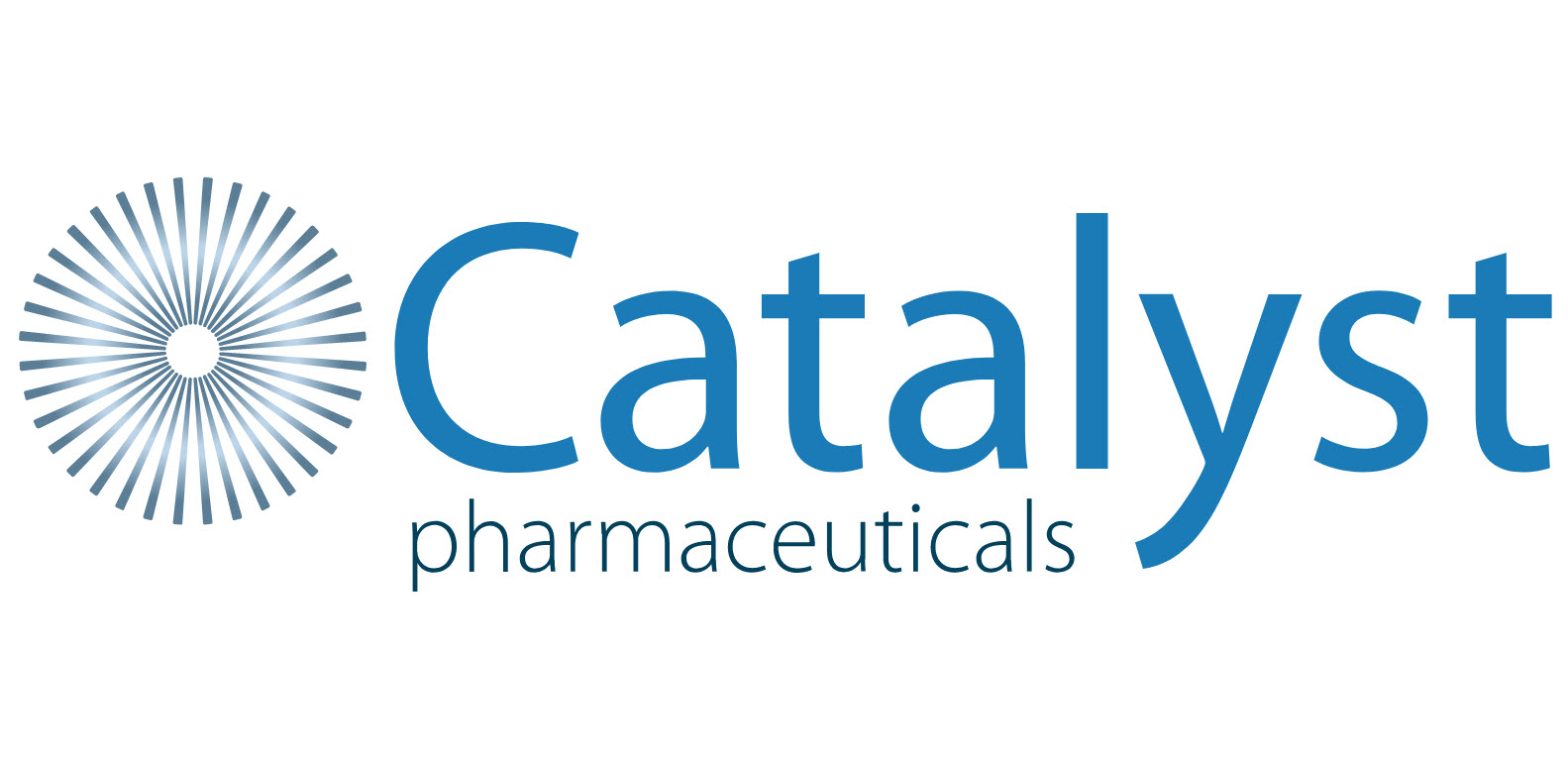
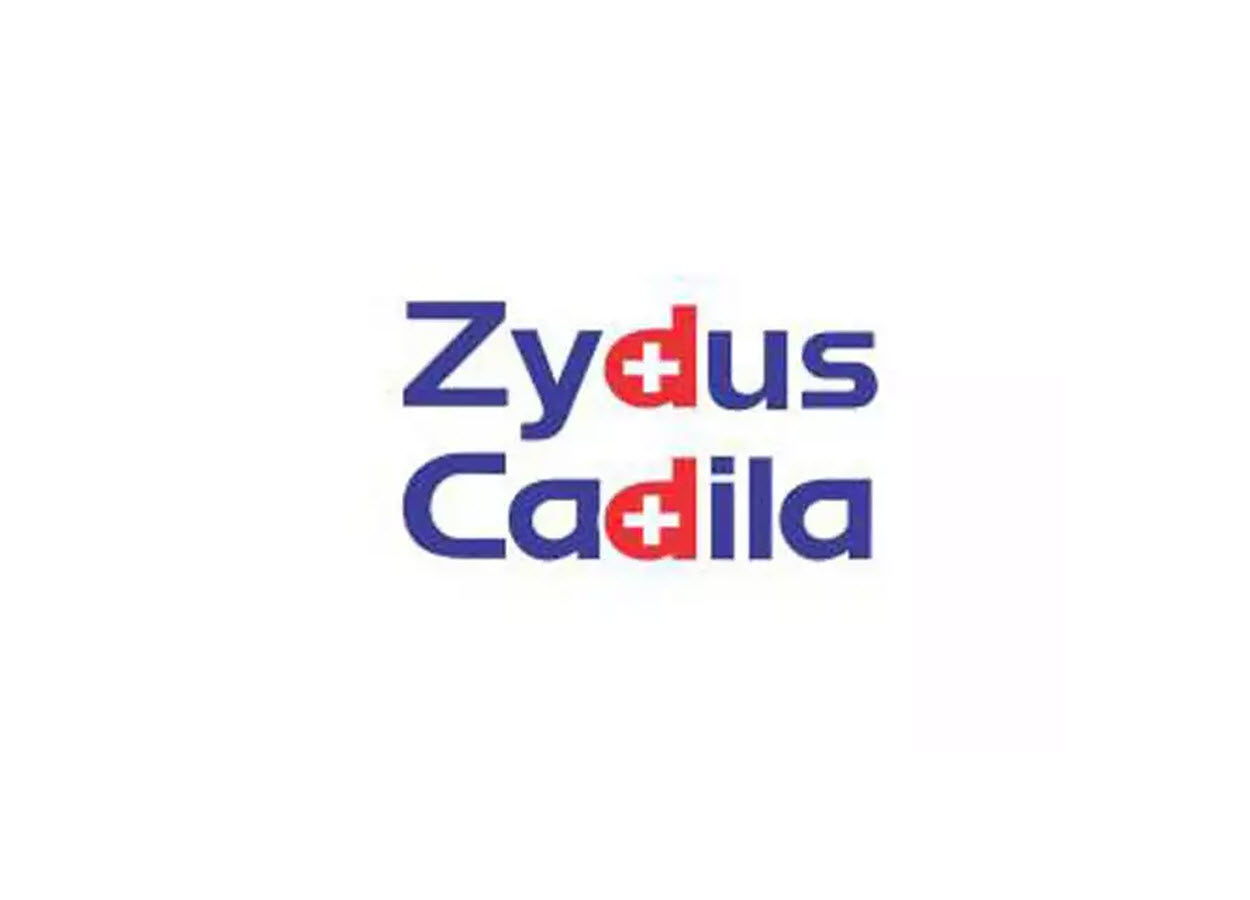
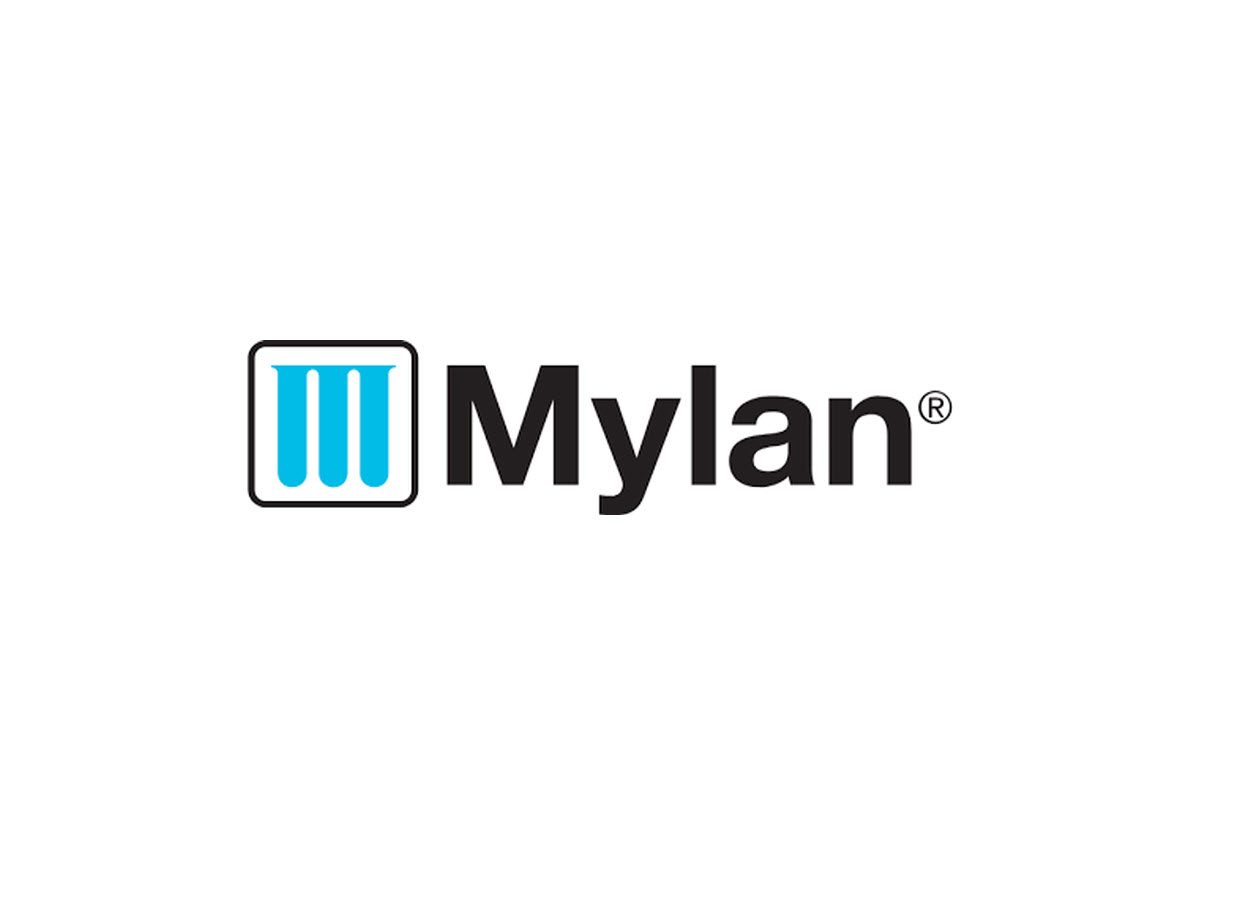
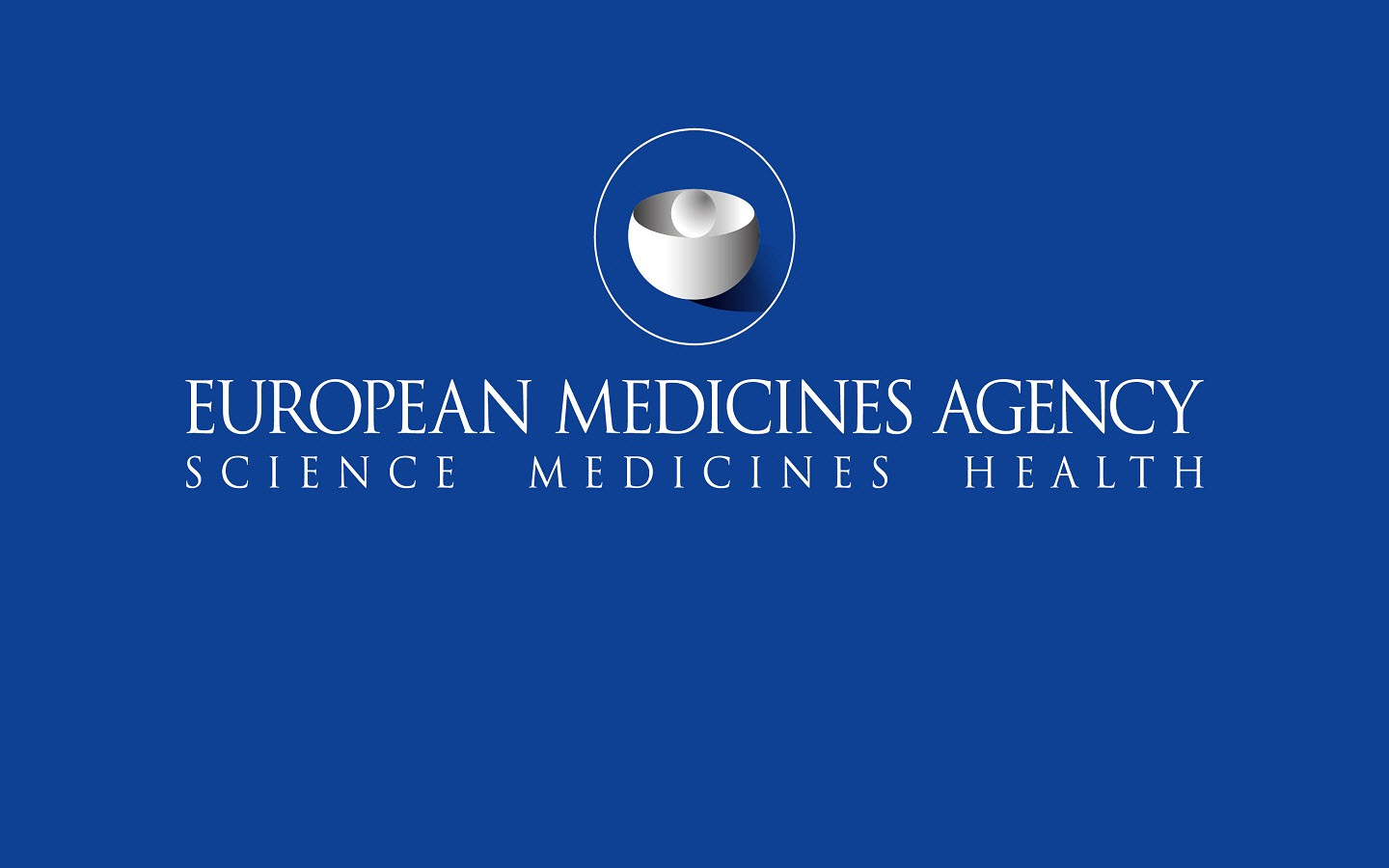
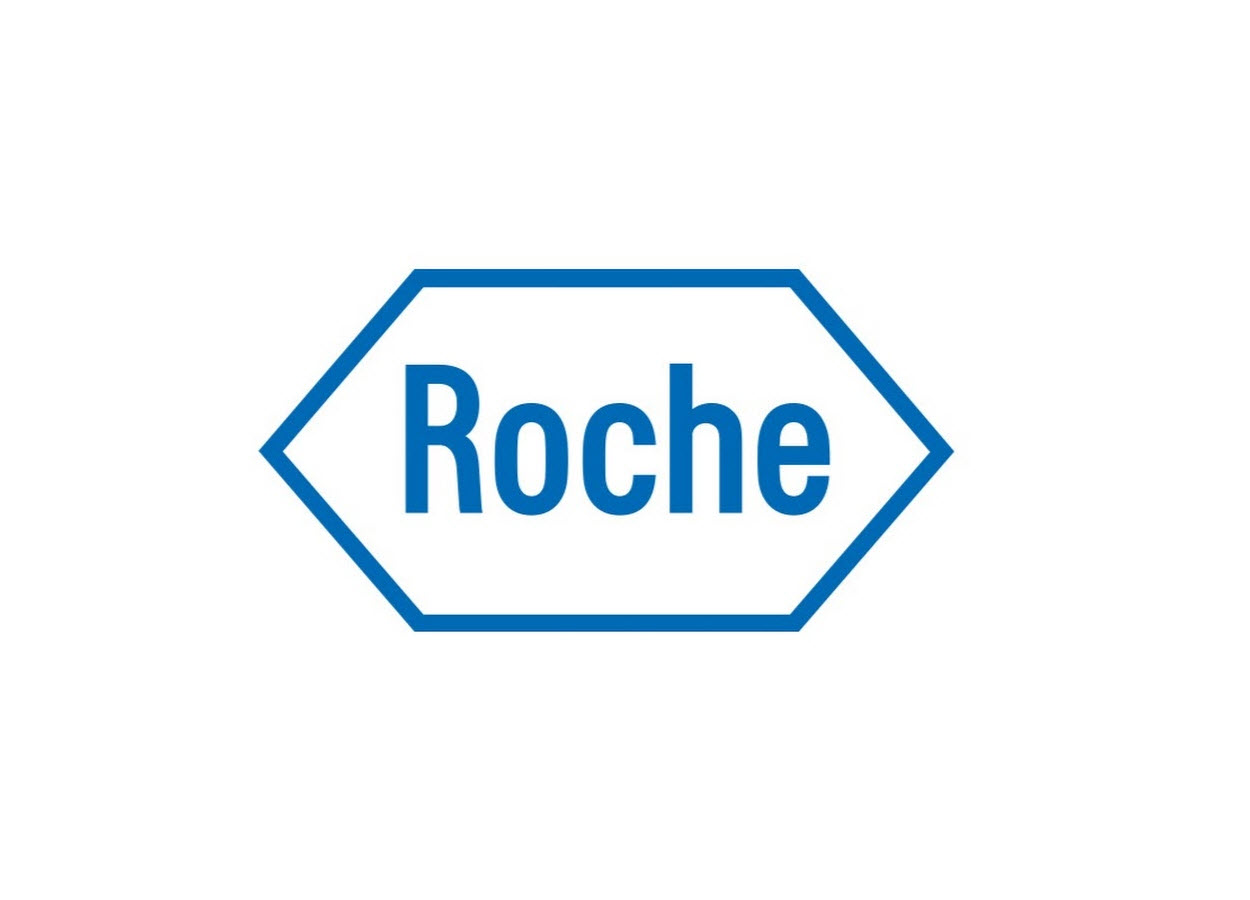
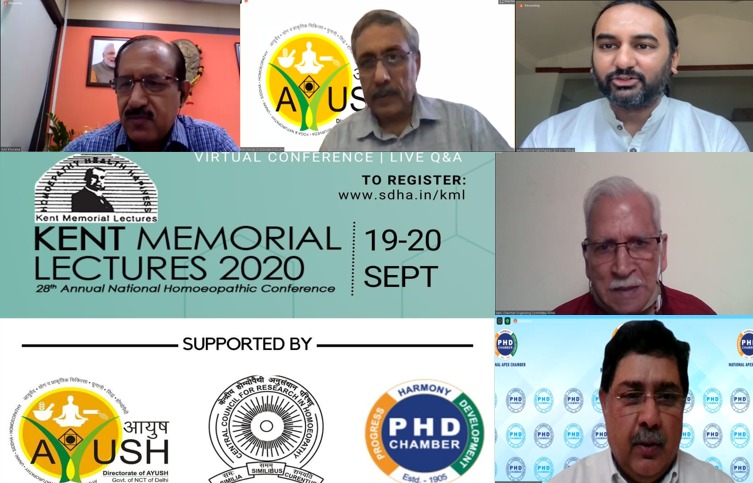
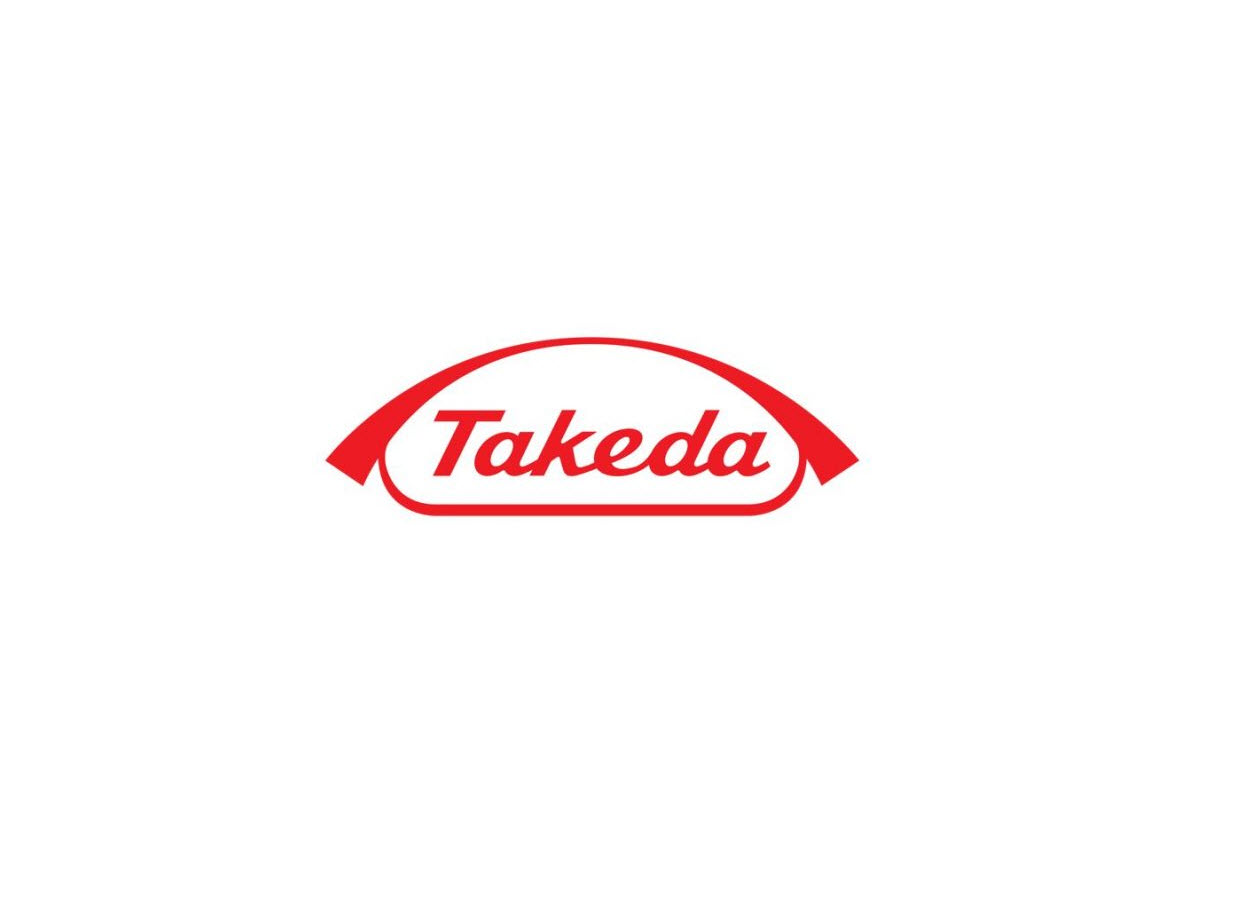
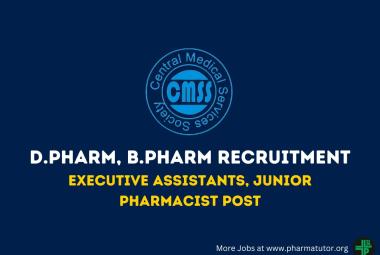
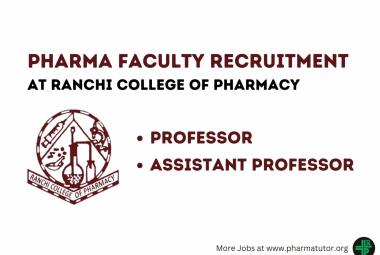
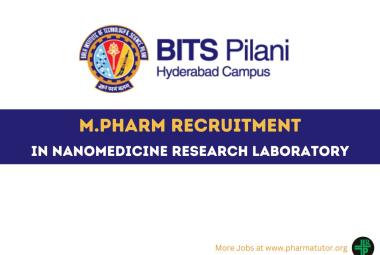
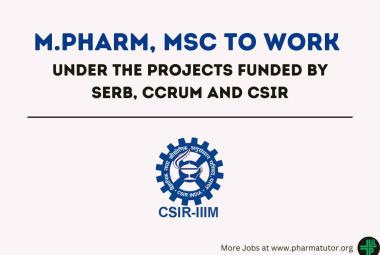
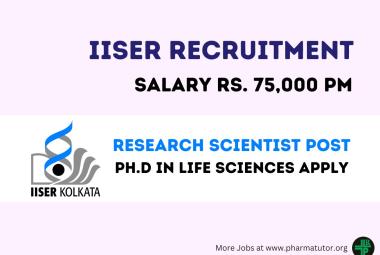
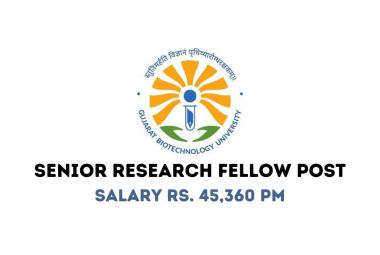


.png)

